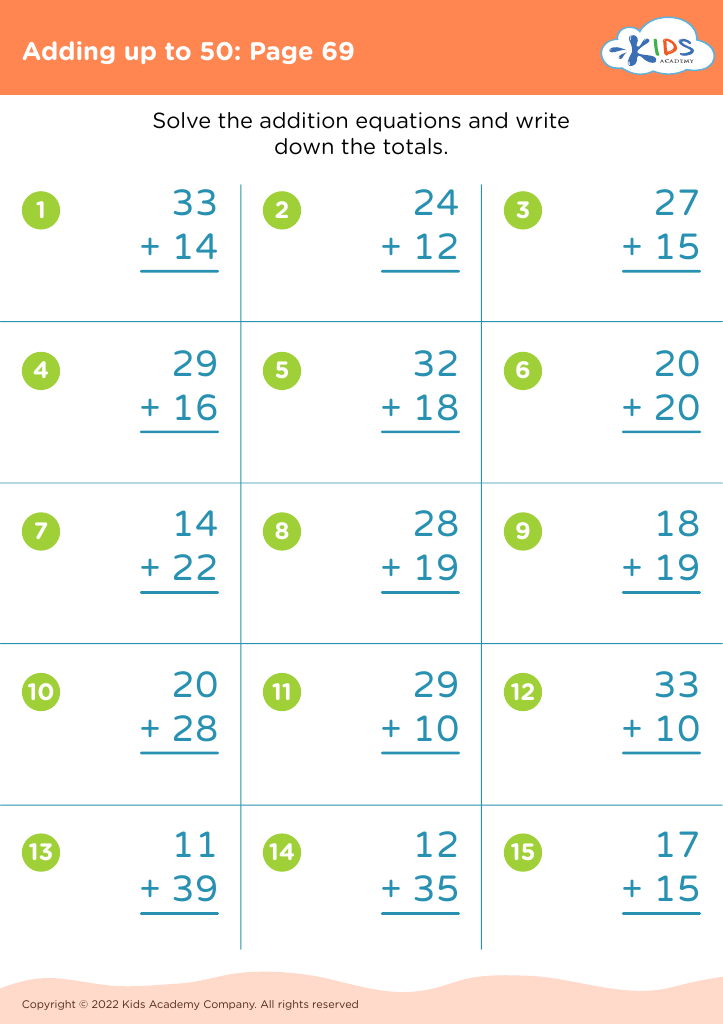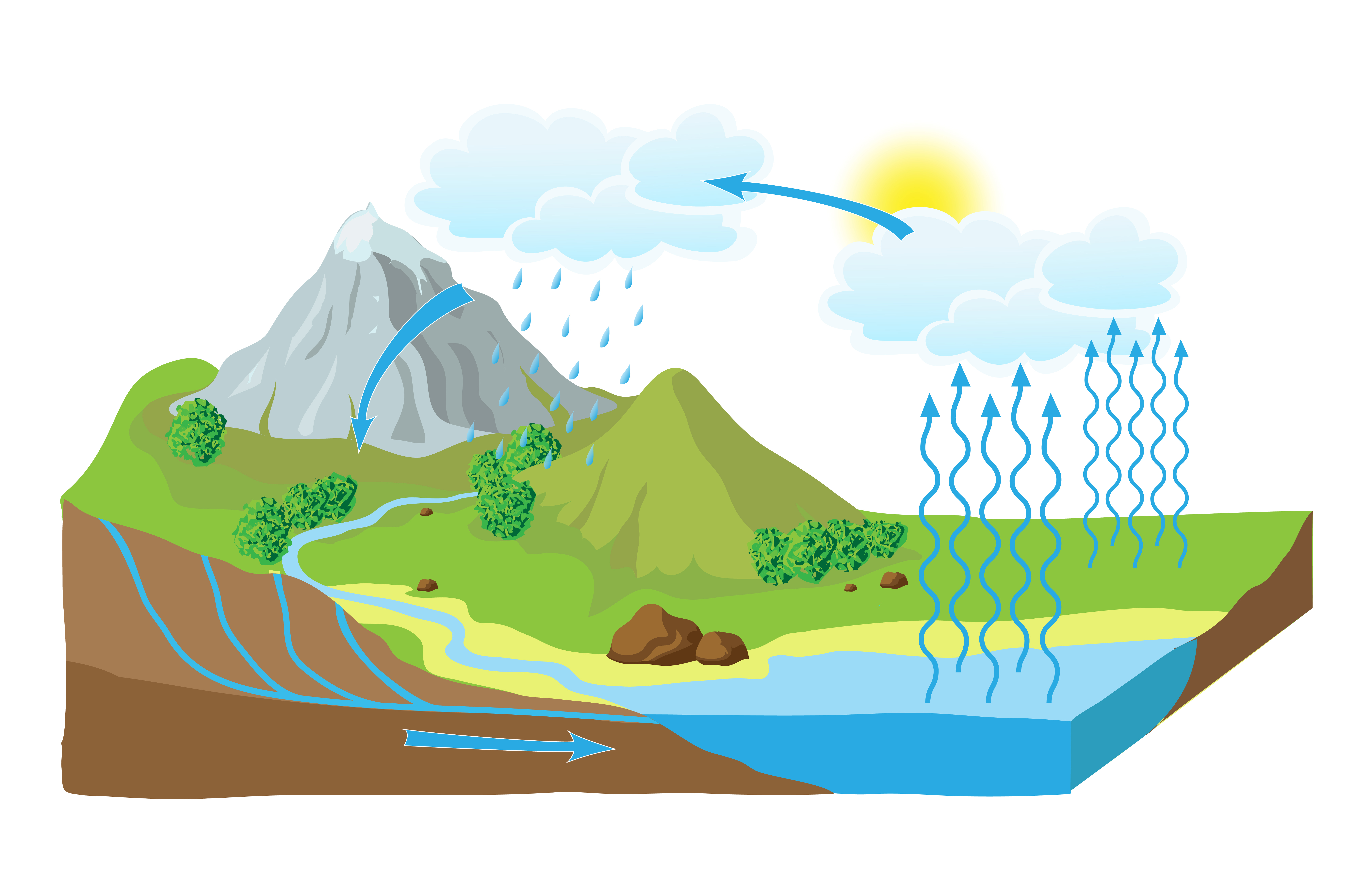Comprehending historical events Worksheets for Kids
1 filtered results
-
From - To
Question/Answer
What are some effective activities to train students’ Comprehending historical events skill when teaching them about Adding up to 50 Misc?
To train students in comprehending historical events while teaching them about Adding up to 50 Misc, employ activities like creating timelines of significant events, using storytelling to narrate the events in an engaging way, conducting role-play activities to help them embody historical figures or scenarios, and organizing quiz competitions that include adding up elements from historical events to foster understanding and interest.#$%
How to train the Comprehending historical events skill in Grade 2 students learning about Adding up to 50 Misc?
To train Grade 2 students in comprehending historical events while learning to add up to 50, integrate storytelling with math lessons. Use historical narratives or scenarios that involve numbers up to 50, such as buying supplies in the past or counting historical artifacts. This approach enhances both their arithmetic and historical understanding through engaging and relatable contexts.
How to test a Grade 2 student’s Comprehending historical events skills?
To test a Grade 2 student's comprehension of historical events, use short, age-appropriate stories or passages focused on historical topics. Follow the reading with simple, direct questions about key facts, such as "Who was involved?" "What happened?" and "Why was it important?" This approach assesses their ability to recall and understand the basic elements of the historical events discussed.












